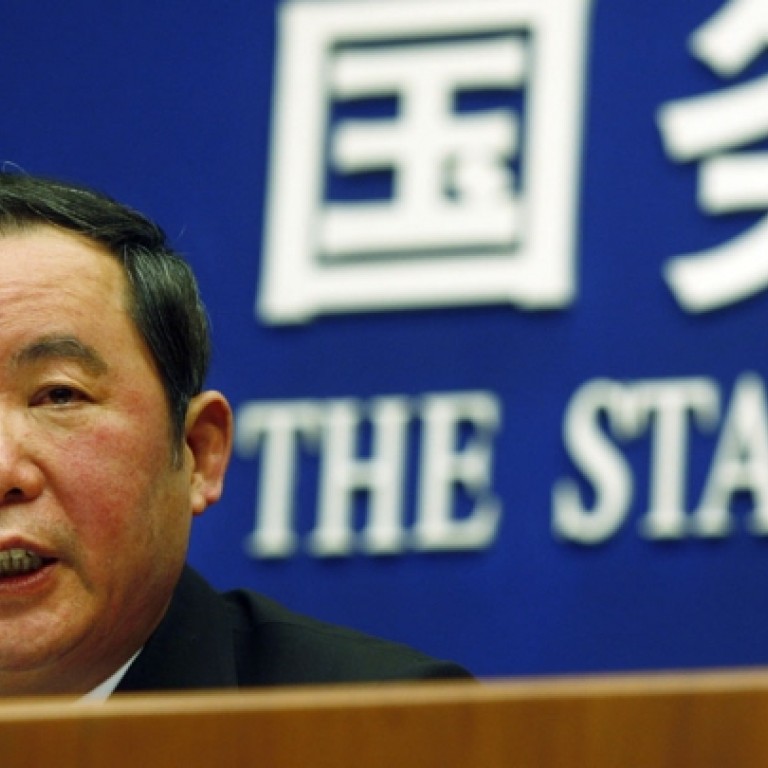
Religion still has no role to play in communist politics
Freedoms end when one joins the party, but some have become closet believers
While America's "Don't Ask, Don't Tell" policy - used to deter openly gay men from joining the US Army - is a thing of the past, its Chinese political variant remains firmly in place.
"Those who believe in religion shall not join the Chinese Communist Party," said Zhu Weiqun , director of the Committee for Ethnic and Religious Affairs of the Chinese People's Political Consultative Conference, in a recent interview.
He was repeating one of his opinions that was published in a party-backed magazine in 2011 when he was a top official for the United Front Work Department of the Central Committee of the Communist Party.
According to Zhu, Marxism, the lifeblood of the party, is based on dialectical materialism.
Allowing religious followers into its fold will divide the party ideologically and theoretically, as it implies the uneasy coexistence of idealism and materialism and of theism and atheism.
A party that lost its ideological and theoretical vigour would be "unable to promote the great cause of socialism with Chinese characteristics", he added.
Interestingly, the party, under the helm of former president Jiang Zemin , embraced the Communists' archrival by opening party membership to capitalists in the early 2000s.
The idea of "the Three Represents", upon which Jiang sought to end the historical enmity between the bourgeois and the working class, was later written into the Chinese Constitution as one of the party's guiding thoughts.
The apparent "unequal" treatment between the party's two ideological rivals looms larger when one refers to Article 35 of the Constitution, which protects the freedom of religious belief: "No state organ, public organisation or individual may compel citizens to believe in, or not believe in, any religion; nor may they discriminate against citizens who believe in, or do not believe in, any religion."
Zhu explained that the right to freedom of religious belief meant every citizen was free to believe or not to believe in any religion. Yet, when one willingly joins the party, he or she must accept atheism and only has the right "to believe in no religion".
With its fading ideology and an increasing number of members joining the party for non-ideological reasons, the ban on religion has led some communists to become closet believers.
It is often the case for Christians whose faith is historically linked to Western imperialism.
With their congregations being tightly censored by authorities, those converts who decide to join the party for reasons such as career advancement may well end up serving two masters: worshipping a Christian god at underground family churches, while rubbing shoulders with their godless comrades.
Apart from the orthodox view, there are party members who have openly recognised religion's place in society.
Pan Yue , when deputy director of Beijing's State Environmental Protection Administration, wrote in 2001 of the stabilising effects of religion and its role in sustainable development.
Even Jiang reportedly dedicated his calligraphy to a few Buddhist temples.
Zhu's recent remarks may signal a regression to a more conservative stance on religion within the party.
But if a Beijing polling company's survey is any indication, one in six party members had a religious belief in 2007. That may amount to more than 13 million people today.
Those who want to stay faithful to their two masters may take comfort from Jesus' advice contained in the Bible: "Render unto Caesar the things which are Caesar's, and unto God the things that are God's".
